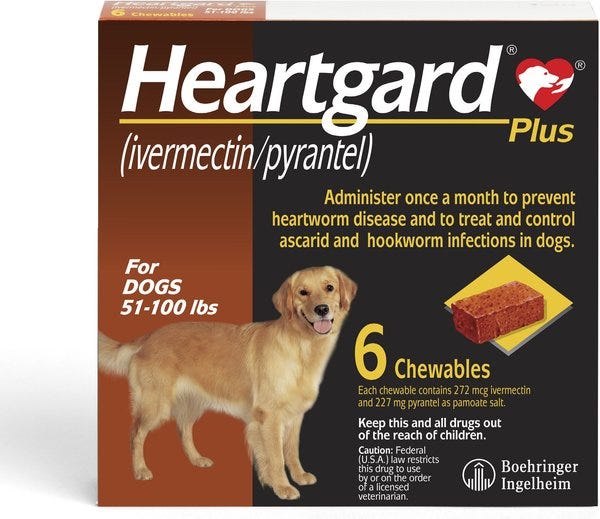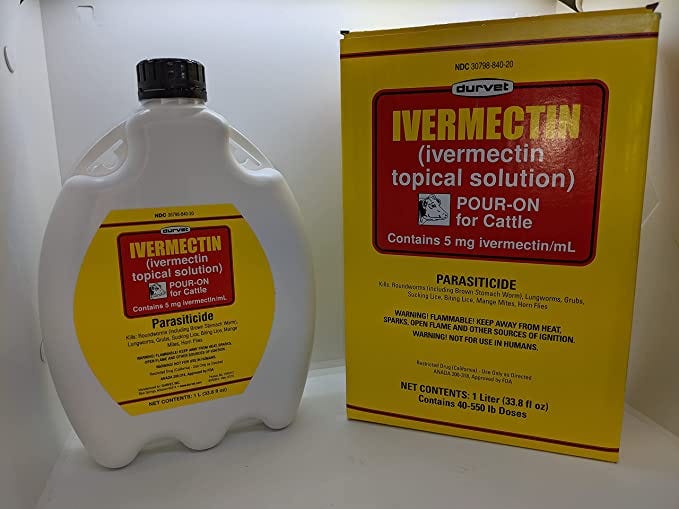1000+ Purposes for Ivermectin (other than COVID) and Counting
Ivermectin as used for a tremendous amount of other issues that may benefit you.
Ivermectin, ‘Wonder drug’ from Japan: the human use perspective
The Wonder drug of 2011 is still full of wonderful surprises today.
Several individuals have recently contacted me (thanks for the tipoffs!) and told me that their rosacea, along with a host of other skin conditions, rashes, and so on, were substantially reduced or outright eliminated by the use of topical ivermectin.
This (relatively small, yet still bigger than the Pfizer control group) sample size represents a combined total of decades of prolonged skin conditions that were eliminated in days through the use of the much-hated horse-paste.
Why?
Ivermectin isn’t only useful for treating parasitic infections & COVID symptoms.
It performs phenomenally at those things, despite neighhhh-sayers gaslighting otherwise, but it is also immensely useful for a number of other purposes.
Ivermectin is prescribed on-label in humans for several purposes:
The tablets are taken by mouth to treat intestinal strongyloidiasis and onchocerciasis, two tropical infections caused by parasitic worms.
Topical ivermectin is approved to treat head lice and rosacea.
Stop there. Rosacea.
If ivermectin is just an anti-parasitic why is it used topically to treat rosacea which (presumably) isn’t a parasite-borne disease? Red cheeks?
Has nothing to do with parasites.
That is because Ivermectin isn’t just an anti-parasitic.
You already know it’s safe in horses.
It’s also safe for sheep:

It’s also safe for dogs:

it’s also safe for cattle:

Note:
This is the best, most current recommendation for how to get human-grade Ivermectin:
The Farm doesn’t explicitly advocate for the use of farm animal and pet formulated drugs in humans..but
But if you’re going to try to treat a skin condition with topical ivermectin, pills aren’t really going to help with that much.
The hand of God made this one which comes in a particular format that is quite easily deployed to horse skin.
The most important factor in this is to purchase formulations of ivermectin which do not include other drugs.
I.e., Heartgard above is Ivermectin / and something else called pyrantel.
No idea what that is. Skip it. Don’t take Heartgard.
On this topic:
Does anyone know what Praziquantel is?
Seems like it has a very good long-term safety profile in humans, animals, reptiles, and fish.
Also on WHO’s list of essential medicines - for humans.






I believe this was the substack I posted on recently regarding a debilitating skin rash -often with painful blisters that I had for 13 years after stepping on a Chola Cactus barefoot. Doctors were unable to diagnose, gave steroids- that only lasted so long and they damage the skin. Then I was advised to try using apple cider vinegar it worked so some degree but burned every time you applied it. But I got temporary relief, until I recently tried ivermectin for horses - some Immediate improvements, now after 30 days, once a day I can say I am healed, only some residual skin discoloration from years of damage.
"At least nine different peer-reviewed studies demonstrate how safe and effective ivermectin wards off the Big C, threatening the multi-billion dollar cancer industry. There are two industries, in other words, that ivermectin threatens: the covid industry and the cancer industry.
1) In 2017, research published in the journal Biochemical and Biophysical Research Communications found that ivermectin preferentially treats renal cell carcinoma (RCC) while protecting normal kidney cells. RCC tumor growth is also delayed by ivermectin, which induces mitochondrial dysfunction and oxidative stress while increasing mitochondrial biogenesis.
2) A year later, research published in the journal Molecular Medicine Reports found that ivermectin preferentially targets stem cell population in MDA-MB-231 human breast cancer cells.
“Ivermectin has been demonstrated to be safe, following treatment of millions of patients with onchocerciasis and other parasitic diseases, which makes it a strong candidate for further studies investigating its potential use as a repurposed drug for cancer therapy,” reported the National Cancer Institute in Mexico City.
3) Another study published that same year in the American Journal of Cancer Research, also out of Mexico, determined that ivermectin is “a strong candidate for repositioning” as an anti-tumor remedy.
4) An earlier study published in EMBO Molecular Medicine back in 2014 similarly found that ivermectin inhibits the expression of WNT-TCF targets, which are implicated in both intestinal and lung cancers.
Ivermectin selectively inhibits TCF-dependent, but not TCF-independent, xenograft growth without causing any obvious side effects.
“In vivo, Ivermectin selectively inhibits TCF-dependent, but not TCF-independent, xenograft growth without obvious side effects. Given that Ivermectin is a safe anti-parasitic agent used by 200 million people against river blindness, our results suggest its additional use as a therapeutic WNT-TCF pathway response blocker to treat WNT-TCF-dependent diseases including multiple cancers,” researchers wrote.
Ivermectin works wonders against cancers of all types
5) In 2020, research published in Pharmacological Research identified ivermectin as a drug that promotes the death of cancer cells by regulating the tumor micro-environment in breast cancer.
Ivermectin also preferentially targets leukemia cells at low concentrations while leaving normal hematopoietic cells alone. The drug also targets various ovarian cancer cells lines and also inhibits the proliferation of five renal cell carcinoma cell lines without affecting normal kidney cells.
6) Also in 2020, a study published in the EPMA Journal found that ivermectin hits specific targets in ovarian cancer, suppressing ovarian cancer cells. The drug worked so well that researchers said it can be used to make personalized drug therapy, also known as predictive, preventive, and personalized medicine (PPPM), for ovarian cancer.
7) Researchers from the Instituto Nacional de Cancerologia in Mexico City discovered that same year that ivermectin reduces both cell viability and colony formation capacity while fighting against tumors.
8) In 2021, research published in the journal Frontiers in Pharmacology concluded that ivermectin increases ROS production and inhibits the cell cycle in the S phase to inhibit colorectal cancer cells.
9) Also in 2021, research published in the journal BMC Cancer found that ivermectin inhibits the proliferation of esophageal squamous cell carcinoma (ESCC) cells by inducing mitochondrial dysfunction, suppressing NF-?B signaling and promoting apoptosis.
As you can see, ivermectin is something of a wonder drug when it comes to cancer. This is precisely why it is off-limits, and why Americans need to speak out and start demanding access to this inexpensive, life-saving medication.
More related news coverage can be found at Cancer.news."
for more interesting info see see also https://dorotazielinska.substack.com/p/badanie-activ-6-krok-po-kroku-czyli and here https://dorotazielinska.substack.com/p/kolejne-sfaszowane-badanie-iwermektyny